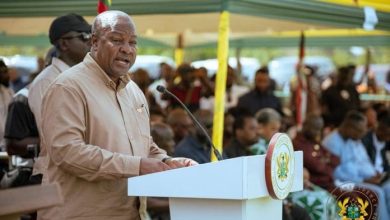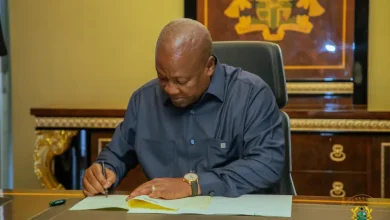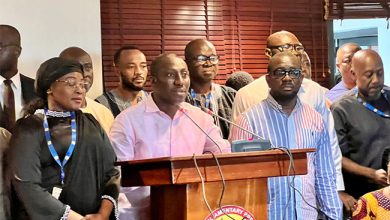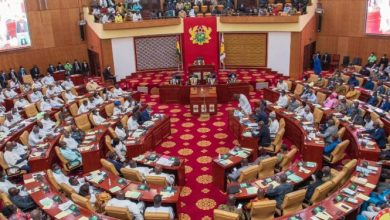Afenyo-Markin: NPP Laid Foundation for Cedi Stability
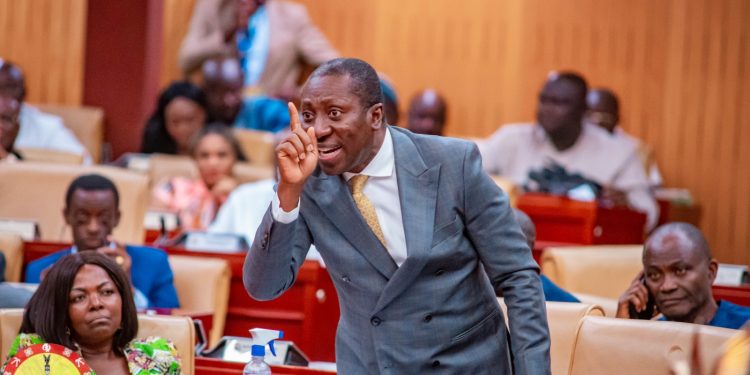
The Minority Leader in Parliament, Alexander Afenyo-Markin, has dismissed claims that the recent strengthening of the cedi is solely attributable to policies introduced by the current National Democratic Congress (NDC) administration.
Speaking during a parliamentary debate following the presentation of the 2025 Mid-Year Budget Review, Afenyo-Markin said the appreciation of the local currency reflected economic groundwork laid by the previous New Patriotic Party (NPP) government.
“We do welcome a stronger cedi. It eases the burden on import costs and brings some price relief to Ghanaians. However, claiming this as proof of some unique NDC progress is misleading,” the Effutu MP told the House on Thursday.
He added that several factors, including renewed investor confidence and an improved fiscal outlook under Ghana’s ongoing International Monetary Fund (IMF) programme, had contributed to the currency’s performance between January and June.
“A major factor is renewed investor confidence and inflows on the part of the IMF programme and improved fiscal outlook, a trajectory set in motion last year,” he argued.
Mr Afenyo-Markin also pointed to a boost in gold exports and remittance inflows during the latter part of 2024, which he said played a role in strengthening the cedi.
Challenging the governing party’s narrative, the Minority Leader claimed the NDC had recognised the NPP’s prior interventions in communications with the IMF — despite downplaying them publicly.
“Mr Speaker, let me remind the NDC, whereas they have denied the successes of the NPP in laying the foundation, they have quietly indicated that in their report to the IMF,” he said. “That is why recently the IMF exposed you, that you have acknowledged that the stability we find today is as a result of the foundation laid by the Akufo-Addo government.”
The cedi has gained notable strength in recent months, an issue which has become a political flashpoint between the two main parties as Ghana continues to recover from a period of economic turbulence.
The government maintains that its policies are responsible for the improved macroeconomic outlook, while the opposition insists the foundations were laid before the current administration assumed office.


